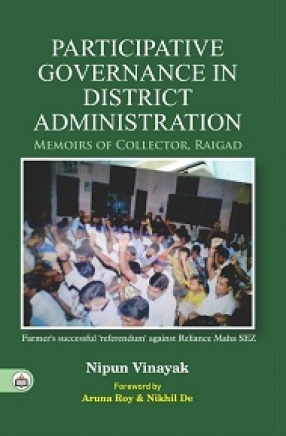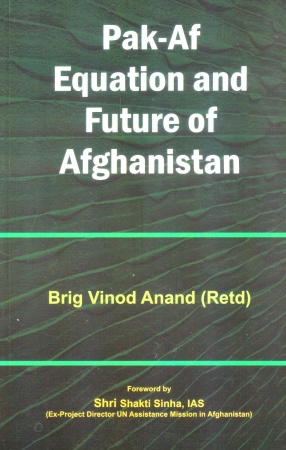This book is a thoughtful endorsement of participatory democracy, borne out of experience of a government officer, where the potential and challenges have to be worked out with attention to minute detail. At the level of implementation, there is a great need to match the rhetoric on transparency, accountability and participation with action and institutionalization. This administrator’s account of efforts at grassroot application of these principles will be of great value.
At a time when many civil servants are turning cynical, Nipun’s chronicle is a refreshing sign of faith and determination in process and effort-with inevitably encouraging results. Eventually, one theme that runs through the book is faith in a process of public participation.
Many young IAS officers ask us what they can do in an atmosphere that is hostile to ethical conduct. They should study accounts such as these, where justice and fairness, creative thought, faith in the wisdom of ordinary people, and a commitment to democratic processes can overcome all constraints, including those of a political system and the undue influence of capital on policy and planning for ‘development’.
The detailing of a single, but extremely significant account of land acquisition gives this book immense topicality and relevance at this point in time in India’s development history.





There are no reviews yet.